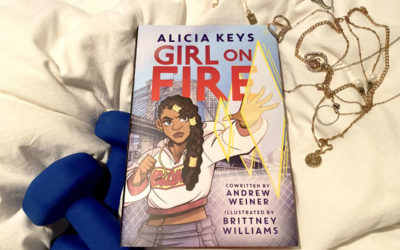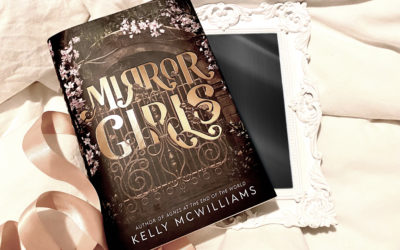Following her riveting speech as the first National Youth Poet Laureate at President Biden’s inauguration on January 20th, 2020, Amanda Gorman has shown herself to be a brilliant writer and speaker. Now, in her collection of poems “Call Us What We Carry,” Gorman presents more than 60 new poems, as well as the one she read at Biden’s inauguration. Focused mainly on the past couple of years marked by quarantine, environmental tragedy, protest, death, and perseverance of hope, this collection is a reminder that we control the quality of our present and our future.
Each poem was unique even if it was about the same topic. While the majority did seem to be about COVID-19 and the related lockdowns and tragedies, they were each presented differently and approached from different angles. Instead of getting boring because poem after poem was about the same thing, this collection remained interesting thanks to the unique structure, style, and delivery of each poem. And the poems about other topics were no greater or lesser even though the topics were not addressed as frequently. No matter the topic, all of the poems were equally exceptional.
For those who don’t really enjoy reading poetry, it might be helpful to note that the poems in this collection are not difficult to understand and appreciate. While they employ symbols and other rhetorical tools, as any good poem does, they are fairly straightforward. There are some words that might require looking up, but they do not render the poems unreadable. Just like any novel, this collection tells a story. It is simply structured differently, with poems instead of paragraphs.
Overall, this is a great collection of poems. Each is as well-written and moving as the one before it. There is an undeniable power in sharing pain and pride, success and setback. These poems are like a conversation that’s already been written. The reader simply needs to open up the book – and open up themselves.
Thought-provoking, reassuring, and inspiring, this collection is the perfect book to close out this exceptionally difficult year. It can resonate with readers of all interests and backgrounds, and any one of the poems has the power to teach, remind, or comfort the reader. I recommend this especially to poetry fans or anyone interested in learning more about Amanda Gorman’s works. But it’s no less something that people not as keen to reading poetry should experience as well.




